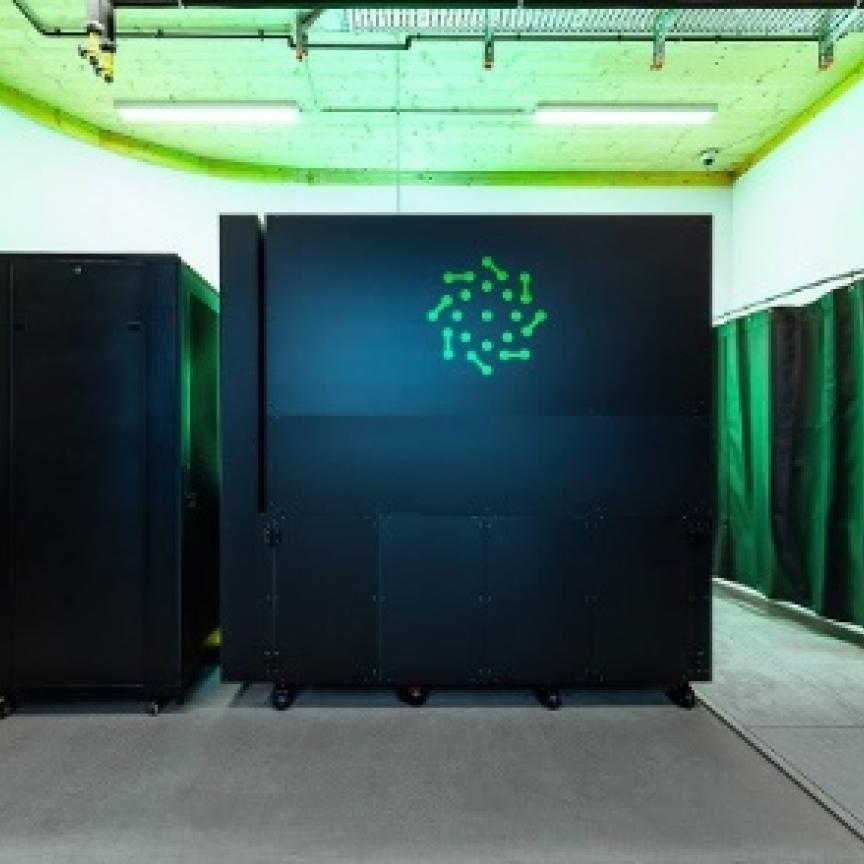European CFD is taking a step closer to exascale with the announcement that a group of eight organisations from Sweden, Germany, United Kingdom and Switzerland managed to secure 3.3 million euros in funding to research exascale computing performance in CFD codes.
The name of the project is ExaFLOW which stands for ‘Enabling Exascale Fluid Dynamics Simulations’. Computational Fluid Dynamics (CFD) is a prime candidate for research into exascale computing because there is virtually no limit to the size of the systems to be studied via numerical simulations. These huge systems present a rel opportunity to investigate which codes can be exploited for extreme parallel scaling.
The grant comes from the European Union’s Horizon 2020 research and innovation programme in order to take Europe’s CFD community one step closer to performing simulations in exascale environments. The project’s duration is 36 months (October 2015 – September 2018)
fluid flows are an essential element of many industrial and academic problems. As such, collaboration between software creators and European industries within automotive, manufacturing, aerospace, energy and healthcare is crucial.
The goals of ExaFLOW comprise four key innovation areas, including aspects of mesh adaptivity, resilience, strong scaling at exascale through novel CG-HDG discretisations and I/O efficiency improvements. In all these areas, significant progress has been made since the project start. The researchers have already developed fault tolerance mechanisms, such that the new algorithm ‘survives’ >90 per cent of the errors that would otherwise have resulted in an execution failure; this all with very little overhead both in fault-free execution and in recovery.
Research now focuses on applying that capability to Nektar++, which will also include a multi-layer checkpoint approach, supplementing classic to-disk checkpoints with inexpensive ‘diskless checksum checkpoints’ that may be sampled more frequently.
Similar developments are also added to Nek5000 using an innovative checkpoint/revolve algorithm. For the improvement of IO strategies we implemented a new tool called FieldIOBenchmarker which is integrated in the teams applications, allowing them to use XML, HDF5 and SIONlib. The team is also considering a number of different pre-conditioners (including Hypre based on PETSc), which are ready to be used in the forthcoming h- and p-type refinements in Nek5000 and Nektar++.
If you want to find out more about are project you can visit us in Salt Lake City at our booths at the Supercomputing 2016 Conference. Just approach the High Performance Computing Center of Stuttgart (HLRS) (booth number 1743) or the Edinburgh Parallel Computing Centre (EPCC) (booth number 701) of the University of Edinburgh.

